Our pediatric dental services
Gentle, expert care for kids of all ages—from babies to teens.
At Petaluma Pediatric Dentistry, we're dedicated to keeping children's smiles healthy, bright, and cavity-free. From preventive care to restorative treatments, sedation dentistry, emergency visits, and care for children with special health needs, Dr. Ray and our caring team provide gentle, kid-friendly dental care tailored to every child.
-
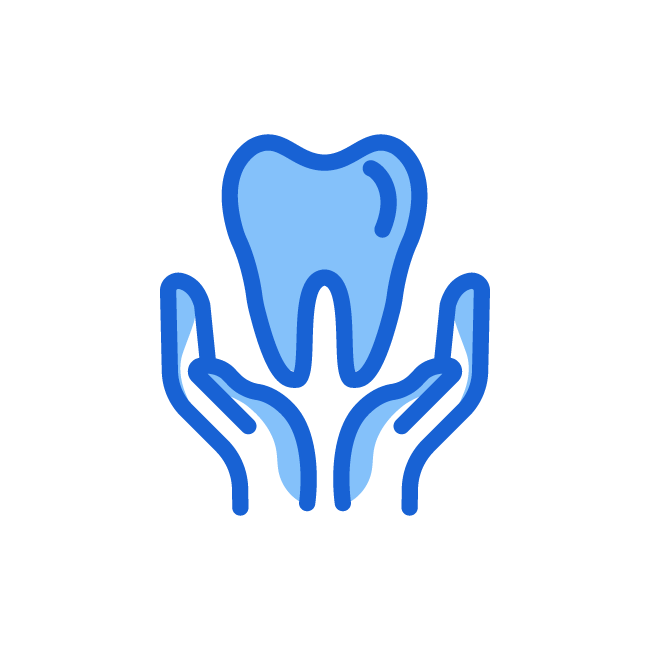
Preventive Care
Keep little smiles healthy with regular cleanings, exams, fluoride, and personalized care that grows with your child
-
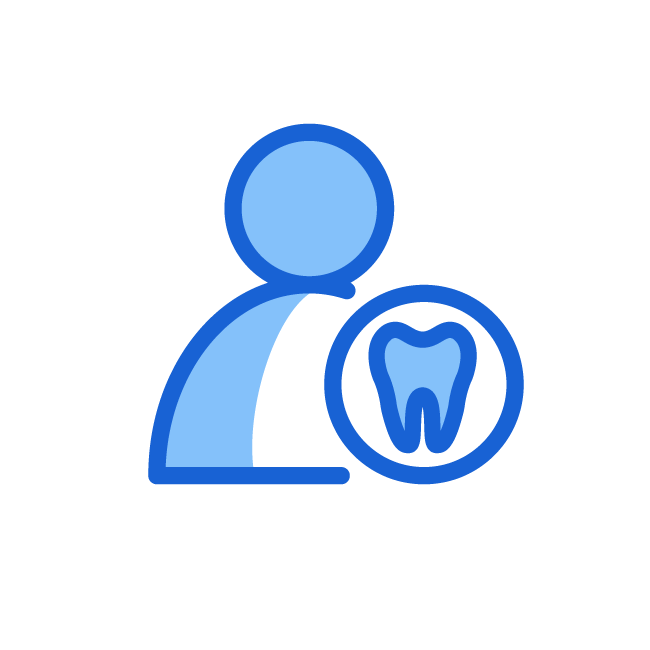
First Visit
A gentle, welcoming introduction to dental care that helps your child feel safe, comfortable, and confident.
-

Sedation Dentistry
Safe, calming sedation options to help anxious children relax and feel comfortable during treatment.
-

Fluoride Treatments
Quick, painless fluoride varnish to strengthen tooth enamel and help prevent cavities in growing smiles.
-

Emergency Dentistry
Prompt, gentle care for dental injuries, toothaches, or urgent dental concerns when your child needs it most.
-
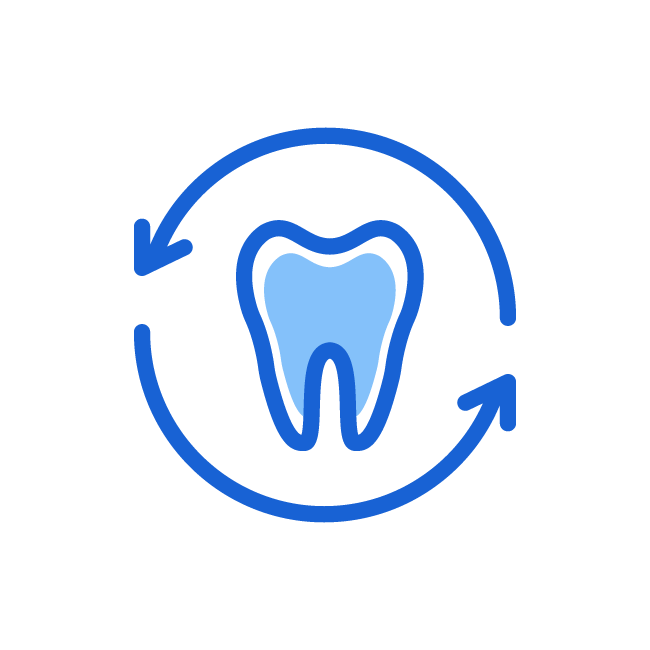
Restorative Care
Kid-friendly treatments like fillings and crowns to repair, restore, and protect your child’s teeth.
-
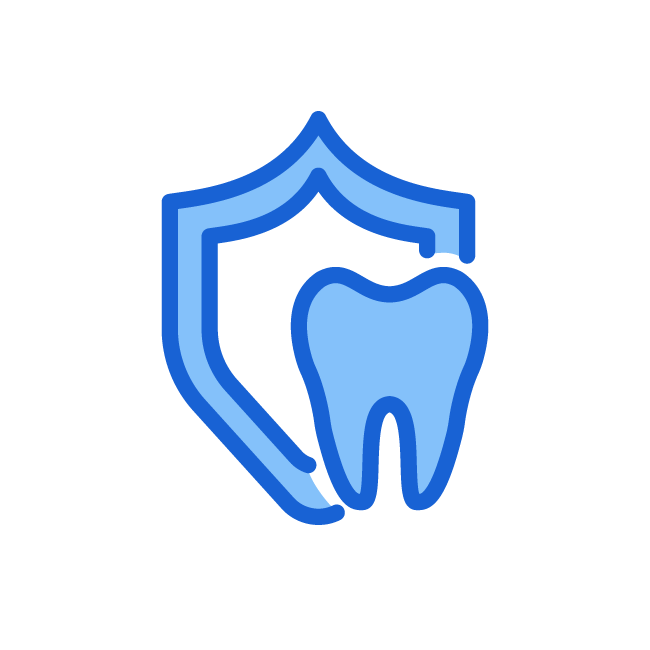
Dental Sealants
Protective coatings applied to chewing surfaces that guard your child’s teeth against decay and cavities.
-
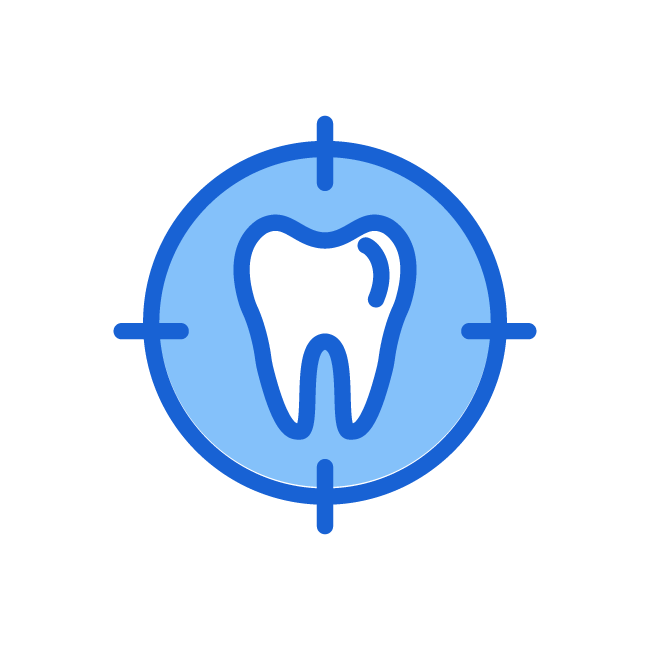
Digital X-Rays
Fast, low-radiation digital imaging for safe, accurate diagnosis of developing teeth and oral health.
-
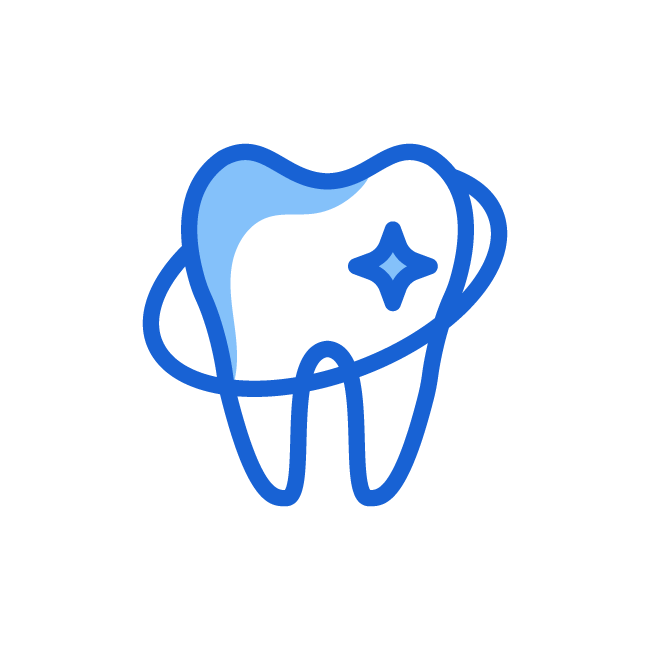
Silver Diamine Fluoride (SDF)
A quick, non-invasive treatment that stops cavities without drilling—gentle, effective, and kid-friendly.
-
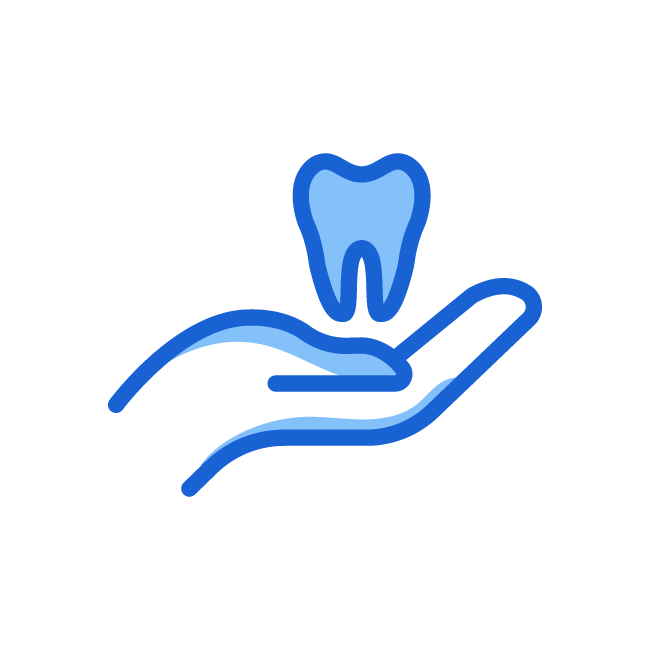
Infant Oral Health
Special care and guidance for babies and toddlers to support healthy teeth and habits from the very start.
-
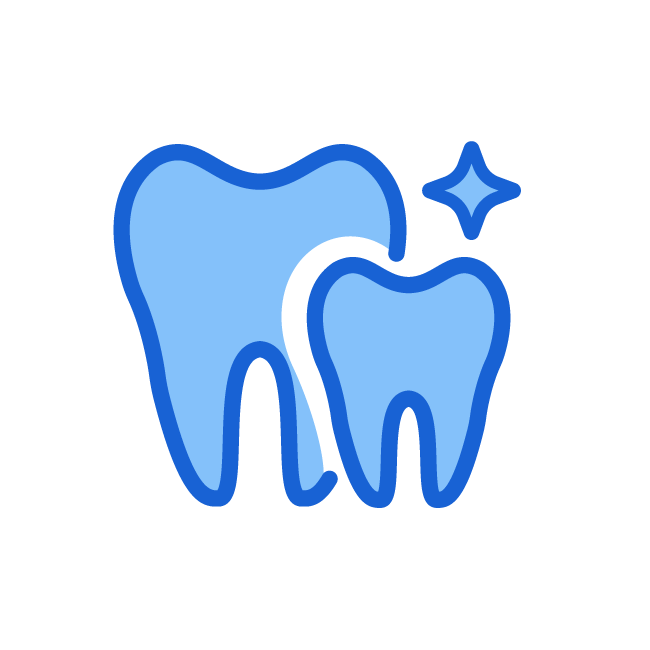
Teen Oral Health
Age-appropriate dental care and tips to keep teen smiles healthy through orthodontics, sports, and more.
-
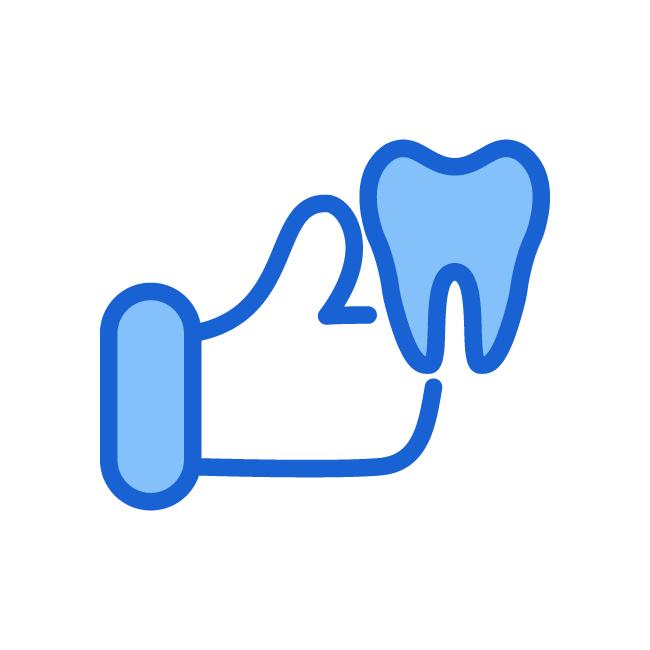
Special Health Needs
Compassionate, personalized dental care for children with special health care needs.
Bilingual Pediatric Dentistry
iSe habla español! Dr. Ray and several of our team members are bilingual in Spanish, making it easier for families to receive pediatric dental care in their preferred language
Need Help choosing the right service?
We’re happy to answer your questions and guide you through the next steps.
